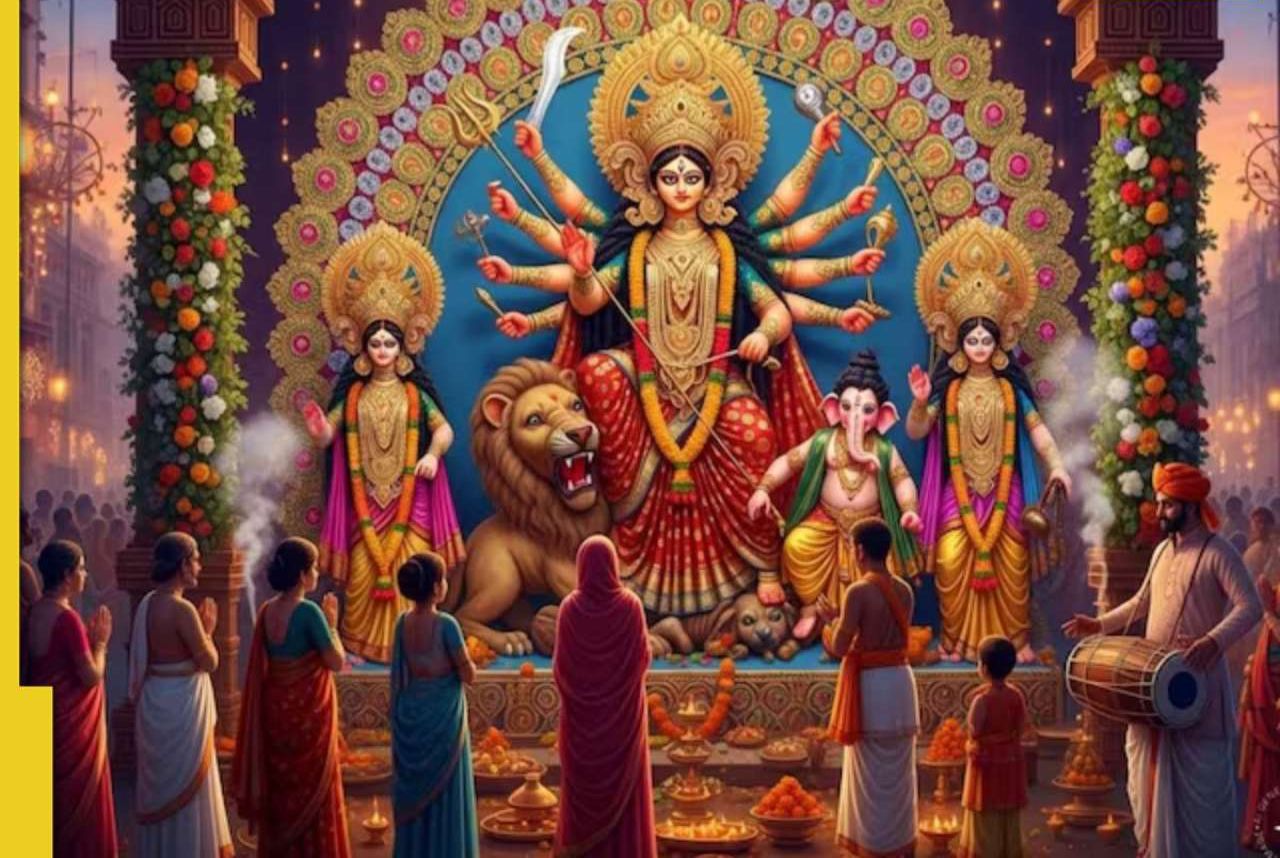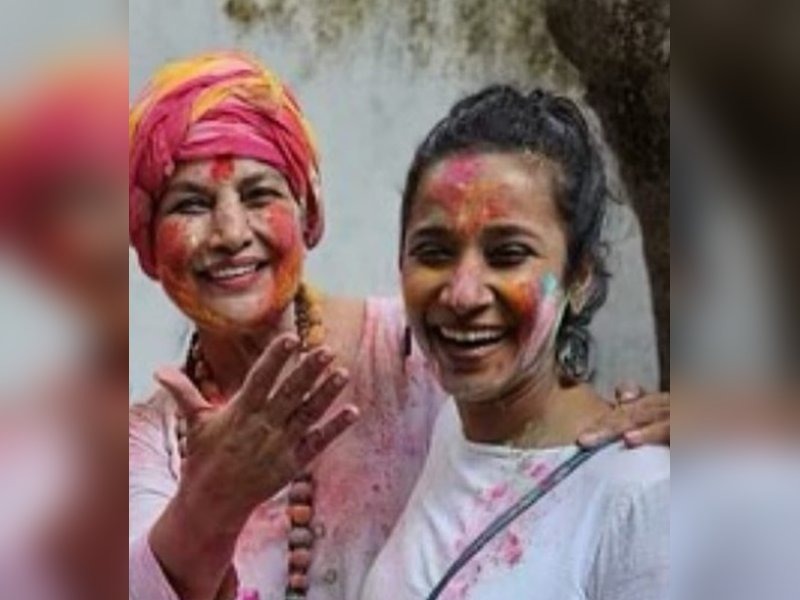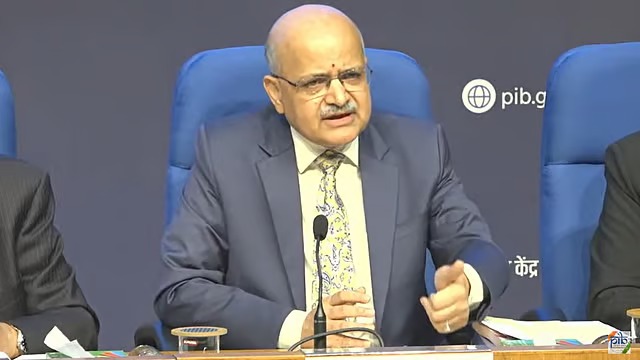 Image Source: DNA India
Image Source: DNA India
Introduction
Sharad Navratri, one of the most celebrated Hindu festivals, is set to be observed with devotion and grandeur in 2025. Dedicated to Goddess Durga and her nine divine forms, the festival brings nine nights of fasting, prayers, music, dance, and rituals across India. Devotees consider this period highly auspicious, not only for worship but also for new beginnings, spiritual upliftment, and cultural celebration.
Key Highlights Of Navratri 2025
• Sharad Navratri will begin on September 22, 2025, and conclude on September 30, 2025
• Each of the nine days is dedicated to a different manifestation of Goddess Durga
• The festival concludes with Vijayadashami or Dussehra, symbolizing the victory of good over evil
• Devotees observe fasts, perform rituals, and engage in Garba and Dandiya nights across cities
• Puja timings and Vidhis are considered crucial for seeking blessings of health, prosperity, and protection
Day-Wise Calendar And Goddess Worship
• Day 1 (September 22): Shailputri Puja – Worship of the daughter of the Himalayas, symbolizing strength and grounding energy
• Day 2 (September 23): Brahmacharini Puja – Devotees honor penance and devotion, seeking wisdom and discipline
• Day 3 (September 24): Chandraghanta Puja – Known for peace and serenity, she is worshipped to remove negativity
• Day 4 (September 25): Kushmanda Puja – Believed to be the creator of the universe, blessings for health and energy are sought
• Day 5 (September 26): Skandamata Puja – Associated with motherly love, devotion, and protection of children
• Day 6 (September 27): Katyayani Puja – Worshipped for courage and marital harmony
• Day 7 (September 28): Kalaratri Puja – Symbolizes protection from evil forces, instilling fearlessness in devotees
• Day 8 (September 29): Mahagauri Puja – Represents purity and forgiveness, bringing peace and prosperity
• Day 9 (September 30): Siddhidatri Puja – Blesses devotees with knowledge, success, and spiritual fulfillment
Puja Timings And Vidhi
• The Ghatasthapana Muhurat (Kalash Sthapana) is performed at the beginning of Navratri, marking the invocation of Goddess Durga.
• Devotees maintain fasts, some consuming only fruits and milk, while others follow satvik meals without onion and garlic.
• Daily puja rituals include offering flowers, fruits, sweets, red cloth, and lighting a ghee lamp before the deity.
• Recitation of Durga Saptashati, chanting of mantras, and evening aartis form an integral part of the Vidhi.
• On the final day, Kanya Pujan (worshipping young girls as a form of Goddess) is performed, accompanied by bhog offerings.
Cultural And Regional Celebrations
• In Gujarat, Garba and Dandiya nights turn the festival into a vibrant cultural extravaganza.
• In West Bengal, Durga Puja during Navratri is celebrated with elaborate pandals, idols, and immersion ceremonies.
• In North India, Ram Lila performances and Dussehra mark the dramatic victory of Lord Rama over Ravana.
• Across cities, community gatherings, fairs, and devotional music add to the festive spirit.
Significance Of Sharad Navratri
Sharad Navratri is not just a festival of worship but a time for renewal and positivity. It marks the seasonal transition, encourages detoxification of the body through fasting, and reinforces the victory of light over darkness. The nine nights are believed to strengthen spiritual resolve and fill households with divine energy.
Conclusion
With devotion, celebration, and a blend of cultural traditions, Sharad Navratri 2025 promises to unite communities across India in prayer and festivity. From puja rituals at home to grand celebrations in cities, the festival embodies faith, resilience, and joy, making it one of the most awaited times of the year.
Sources: Times of India, Hindustan Times, India Today, Zee News
Advertisement
Advertisement






